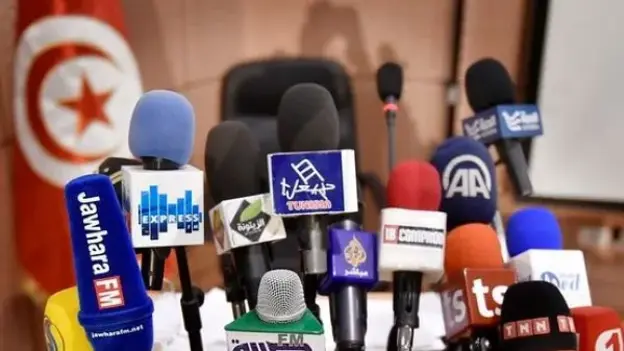Alumni Project
Local versus National Media in MENA Region
Roundtable Discussion
Media play a crucial role in shaping the public sphere and thus democratic societies by disseminating relevant information to allow for an informed decision-making, by encouraging citizens to actively take part in political and social processes and by providing service information to allow people managing their daily lives. In political systems that exercise strong authoritarian control over the media or in countries in which media are highly politically polarized, balanced information is few and far between. This is to varying degree for instance the case in countries of the MENA region. Moreover, media production in MENA was mostly centralized in order to allow for better control through the authorities that often left local communities without relevant information for their daily lives and about their local environments. In the aftermath of the Arab Spring and through the decentralizing pressure of the internet, however, new developments have taken place in the region, and in a variety of countries local media outlets emerged. So far, however, research has only focused on transnational media channels, such as Al Jazeera, and social media, which leaves local media, although of increasing interest, under-researched. At least there are some first observations and articles on this trend that have monitored e.g. local radio stations in Tunisia, hyperlocal newspapers in Egypt, local internet websites and radio stations in Jordan, or local radio in Libya. However, there is not yet a comprehensive and comparative approach of the development of local media in the MENA region.
To fill this gap, the AGYA project ʻDrivers of Participation – The Role of Local Media in Transformation Processes in MENAʼ investigated the different structures, practices and policies of emerging local media outlets in some of the key countries of the Arab Spring to shed light both on the potential of local media in providing a civic alternative to mainstream media, and on the problems their producers face with regard to repression, viability and limited outreach. The project also aimed at better understanding the placement of local media landscapes in fragile, transformative and authoritarian media environments.
In the framework of a public roundtable discussion, AGYA members and alumni together with high-profile media experts, practitioners and researchers from Libya, Tunisia, Iraq and Jordan debated on the role of media in the context of transition and fragile statehood and compared local and national media in MENA countries. The discussion addressed urgent questions such as: How do different groups in the current situations of turmoil use media? Does local media provide new spaces for civic engagement? The event was moderated by Jannis Grimm, desk officer for the MENA region at Friedrich Ebert Foundation, and provided an open and participative format.
The evening event on 'Local Media vs National Media in MENA: A Roundtable on the Role of Local Media in the Context of Transition and Fragile Statehood' took place at MiCT – Media in Cooperation and Transition in Berlin, Germany on 13 December 2019 and was organized by AGYA Alumna Prof. Dr. Carola Richter in cooperation with MiCT.
- Disciplines Involved
- Communication & Media Studies, Political Science
- Venue
- MiCT – Media in Transition and Cooperation, Germany
- Project Title
- Local Media versus National Media in MENA: A Roundtable on the Role of Local Media in the Context of Transition and Fragile Statehood
- Date
- 2019
- Funding Scheme
- Alumni Project
- Countries Involved
- Germany, Iraq, Jordan, Libya, Tunisia
- AGYA Publication
- Local media in transitional fragile states: The cases of Iraq and Libya


